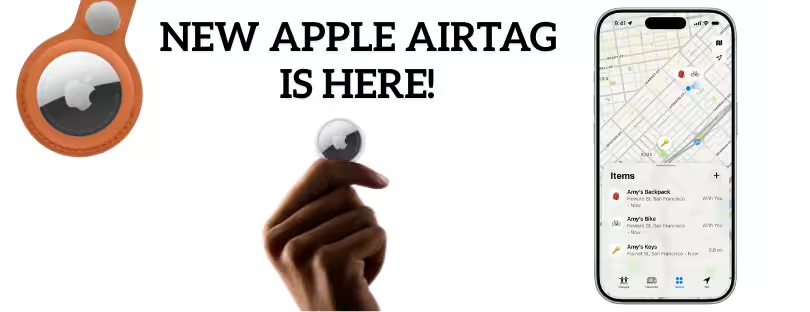
Europeans Prefer Contactless Limit: €150
The majority of European consumers would feel comfortable with contactless transaction limits of up to €150 (US$169), three times the current European Union limit of €50 (US$56), according to Payments Europe research. The latest news about contactless transaction limits in Europe find out below.
In recent years, the European payments market has undergone a great transformation. Payments have become a key enabler of the digital economy. Today, there are more payment solutions available to consumers and merchants than ever before. As payment providers continue to innovate and develop new ways to make payments, European regulators are looking to ensure that fair competition, security, convenience, and innovation remain in balance.
Key findings: contactless transaction limits europe
- The digital transition continues to take hold, and government initiatives to further encourage electronic payments acceptance would be welcomed by consumers and merchants
- Security and costs of acceptance rank the highest when it comes to why merchants prefer to use card
payments - Consumers and merchants are happy with the payment options currently available
- Physical cards continue to be the preferred method of digital payment with mobile cards, mobile instant and Buy-Now-Pay-Later (BNPL) significantly on the rise Instant payments are becoming increasingly available
A majority of consumers would also “feel comfortable paying contactless for amounts higher than €150 per transaction” and, on average, “while the exact per-transaction amount varies across countries, consumers indicate that they feel safe and comfortable paying contactless up to €187 (US$211),” the researchers say.
Two in three European consumers say they now use contactless payments more often than they did before the start of the Covid-19 pandemic and now prefer to pay using this method, according to the research.
The findings show that all contactless card payments accounted for a quarter of in-store transactions across Europe in the past 12 months (25%) and that “Europeans have increasingly moved to using digital methods of payment, with eight in 10 in-store transactions being electronic in 2021”.
“Interestingly, over two in three users (67% of consumers and 70% of merchants) want this trend to evolve even further and noted that they welcome government initiatives to encourage the use and acceptance of electronic payments,” the researchers add.
The Evolution of the European Payments Market report also shows that payment methods such as instant payments and buy-now-pay-later (BNPL) are “significantly on the rise”, with just over one in four merchants now accepting instant payments (42%) and “around one in five” offering BNPL.
“While cards are still the most used and liked products in Europe for in-store payments, the survey also reveals interesting trends regarding more recently introduced ways of paying,” says Payments Europe board member Michael Hoffman.
“It is expected that BNPL options will triple over the next 12 months and that the use of instant payments will double over the next year.”
The Payments Europe report is based on a survey of 3,223 consumers and 680 online and offline merchants in France, Germany, Italy, Spain, Sweden, and Poland conducted in July 2021.









